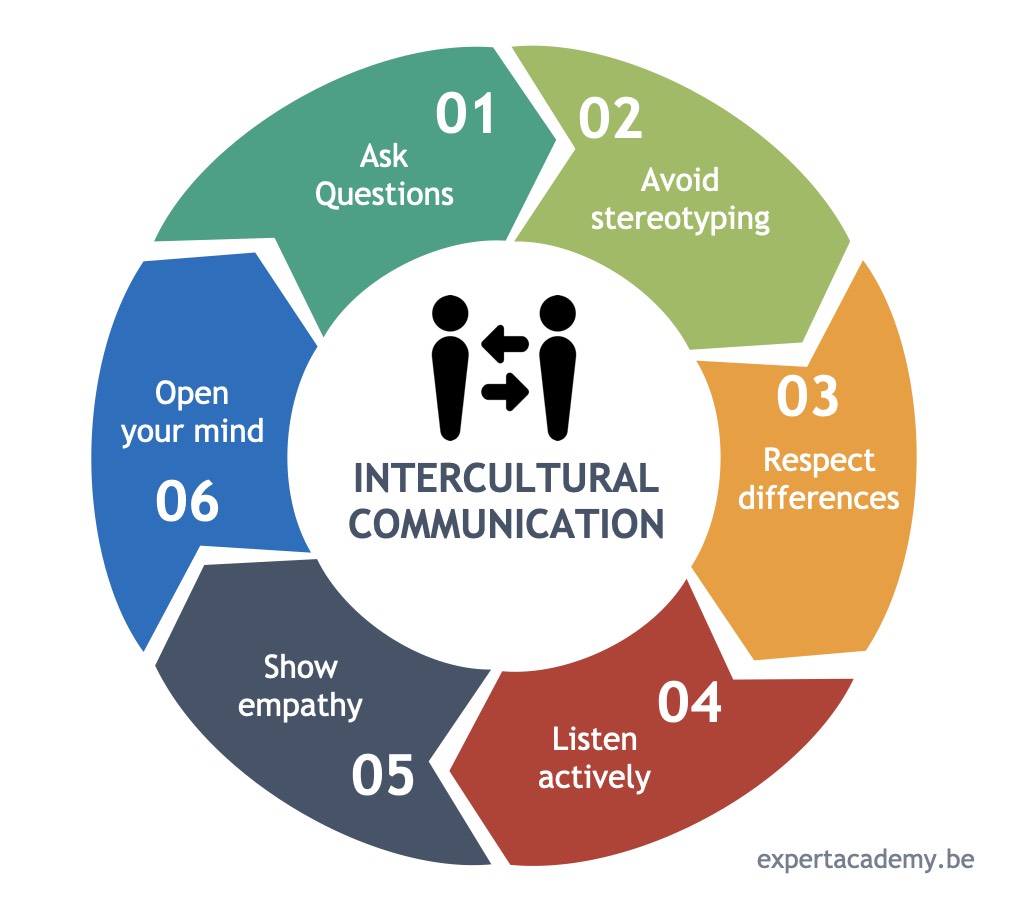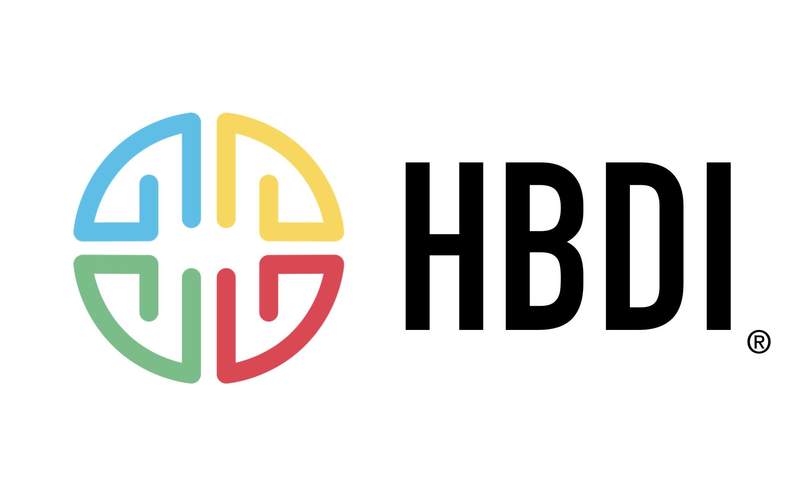Intercultural Communication & Management
About this training
One of the biggest challenges facing the business world is dealing with other cultures. Even managers who are based in their own country have to deal with colleagues, suppliers and clients from different cultures. They require the ability to effectively communicate across cultures and to capitalize on the potential of diversity. Different intercultural values have a direct impact on how individuals communicate, work and interact with each other. Since these differences are instinctive, most individuals fail to make the connection between their intercultural values and how they impact working practices. This lack of awareness can lead to severe intercultural misunderstandings, incidents or clashes.
This Intercultural Management training prepares global managers to effectively handle the challenges of intercultural working and offers strategies to overcome cultural differences that can negatively impact team efficiency.

Why is Intercultural Communication Important?
Intercultural communication refers to the process of exchanging information between people from different cultural backgrounds. Understanding each other's norms, values, customs and language is essential to avoid misunderstandings and conflicts. In business contexts, promoting intercultural communication can lead to successful international trade, better customer relations and a more diverse and inclusive work environment.
Benefits of Intercultural Communication :
Improves Understanding and Tolerance: Investing in intercultural communication helps people learn about the diversity of the world around them. It increases understanding of other cultures and promotes tolerance and respect for differences.
Effective Business Communication: In a globalised economy, businesses need to cooperate internationally. Good intercultural communication is crucial to build and maintain successful business relationships.
Prevents Misunderstandings and Conflicts: Misunderstanding each other's cultural background can lead to misunderstandings and conflicts. Interpersonal and international conflicts can often be prevented or reduced through effective intercultural communication.
Promotes Diversity in the Workplace: Organisations that embrace diversity often have a wider range of perspectives and ideas available to them. This can lead to innovation and competitive advantage in the marketplace.
In a world where cultural diversity is the norm, intercultural communication is not a luxury but a necessity. It enables individuals, organisations and countries to cooperate, promote understanding and prevent conflict. It is a skill that not only strengthens our personal and professional relationships, but also contributes to a more peaceful and cohesive world. It is time to take intercultural communication seriously and embrace its benefits.
Professional Training in Intercultural Communication
Developing strong intercultural communication skills requires awareness, training and practice. Companies and individuals can benefit from professional training specifically aimed at promoting effective communication across cultures. This training provides practical tools and strategies to improve understanding and collaboration, regardless of cultural background.
Program
All our Intercultural Management training courses are designed to meet the specific needs of our clients depending on their unique requirements and existing skills set.
An Intercultural Management training course typically includes:
- Culture and its influence on intercultural management
- Intercultural values and attitudes and their impact on multicultural teams: time, space, group dynamics, authority, tasks, relationships
- Intercultural communication styles
- Intercultural management styles and skills
- Working together in an intercultural context: strategies to harness the team’s experience and skills
- Developing intercultural awareness among your team
- Language issues in intercultural management and strategies to overcome them
- Tips and strategies for working in an intercultural context
Target group
Our Intercultural Management Training is designed for managers, in the Benelux or abroad, who encounter cultural differences in their professional environment. These intercultural relations may arise during business trips, while maintaining international contacts (by telephone, fax or e-mail), or when operating in a multicultural management team.
Approach
This Intercultural Management training course will provide a balance of structured input and discussion of case studies, and scenarios relevant to your own particular context. The training workshops are interactive, involving role-play and simulations in order for participants to ‘experience’ and ‘understand’ the cultural dimensions, raising awareness and consolidating cross-cultural skills.
Trainers
Results
Cultural awareness training helps to build the necessary intercultural management competencies by:
- A customized analysis of your own and your team’s intercultural profile
- A comprehensive overview of the intercultural challenges international teams face
- Identifying strengths and abilities in working with and managing people from other cultures
- Strategies to effectively harness and manage intercultural differences
- Tools to ensure effective intercultural communication with international team members
This Intercultural Management training will help global managers in:
- Developing international markets
- Working effectively with multi-cultural teams
- Dealing with customers in different parts of the world
- Merging or integrating with other companies across borders
- Dealing with cross-cultural conflict
- Planning a global strategy
- Developing international leadership











